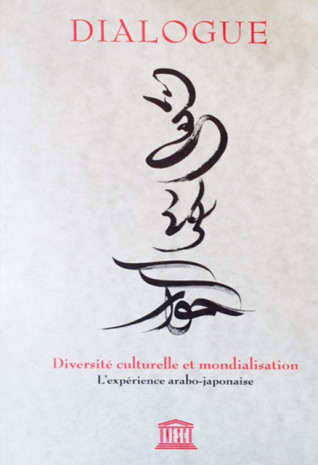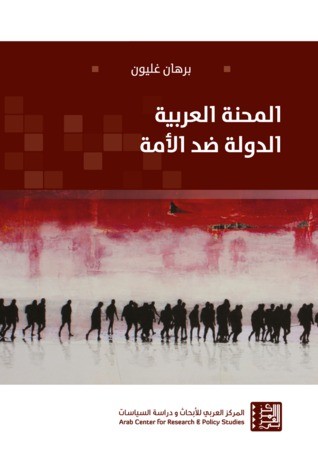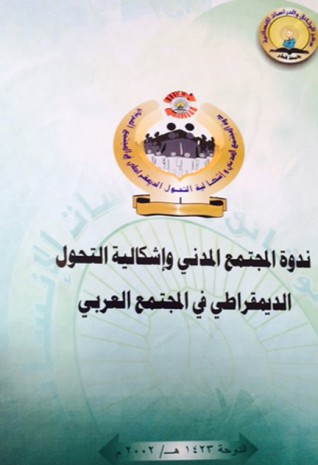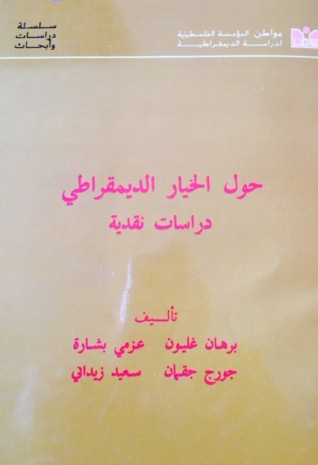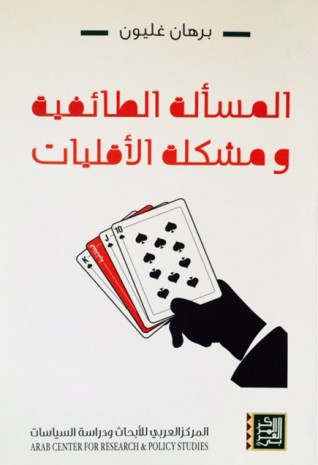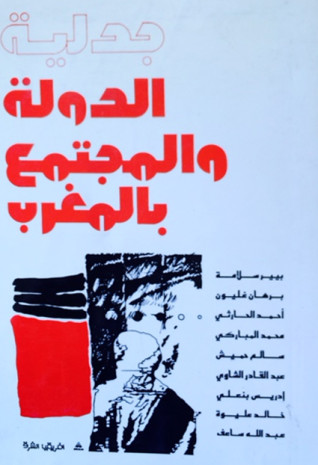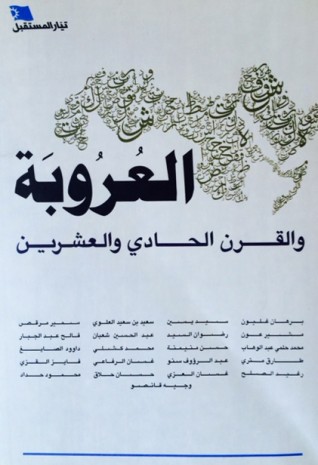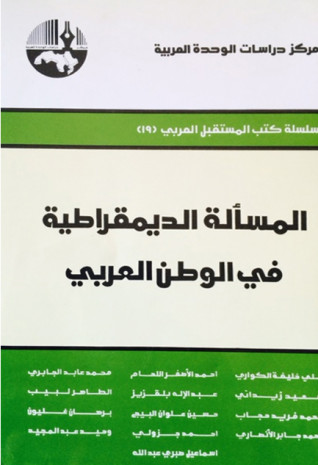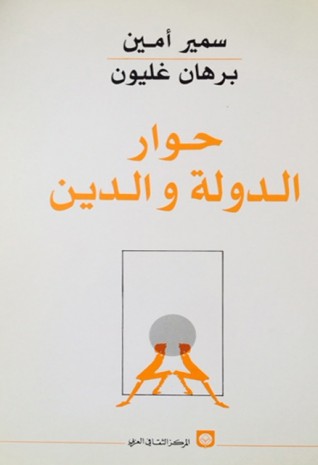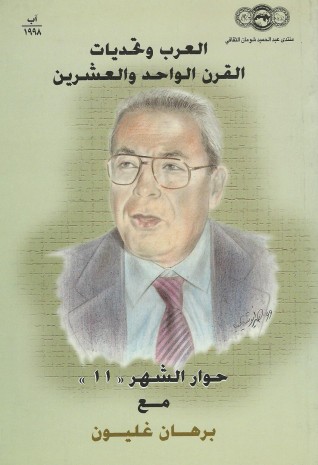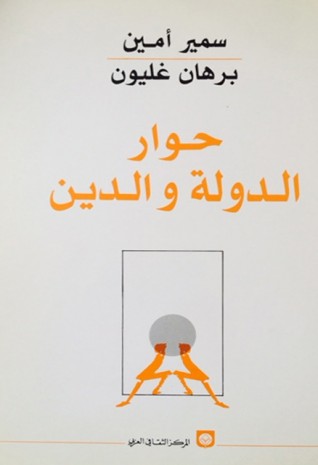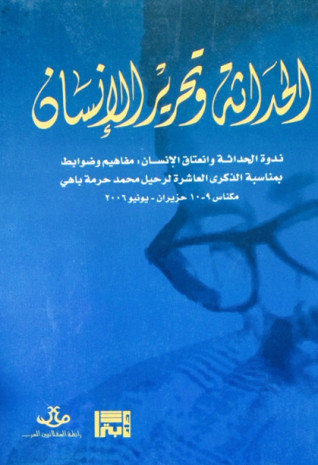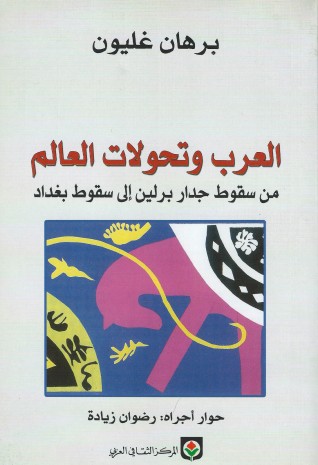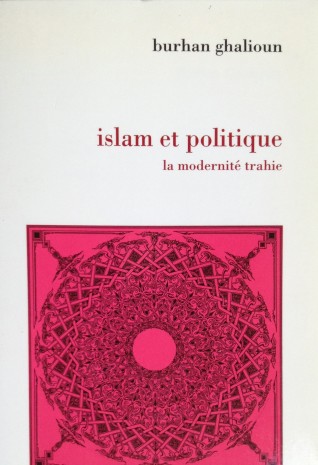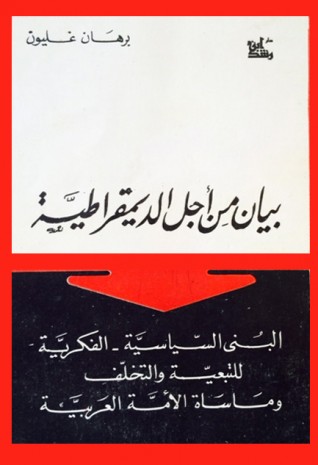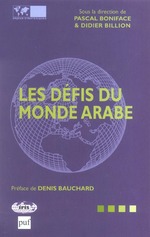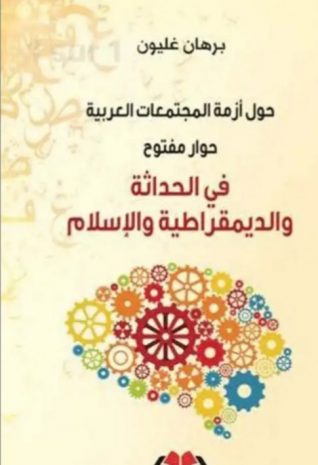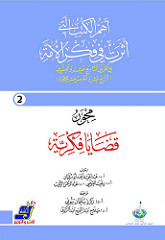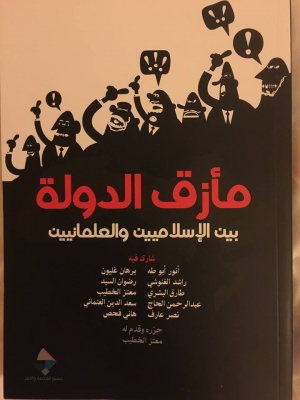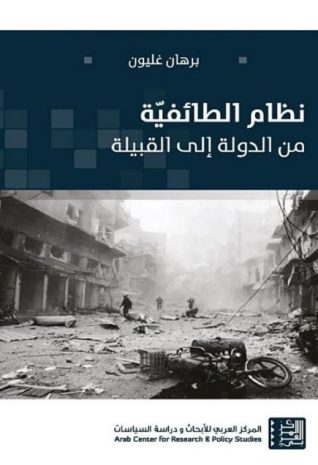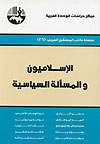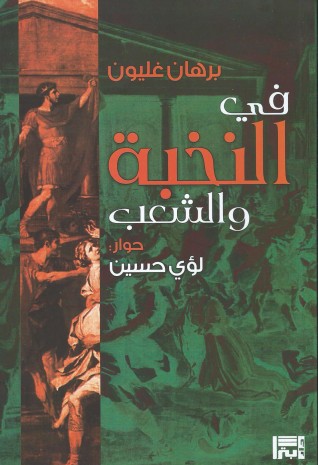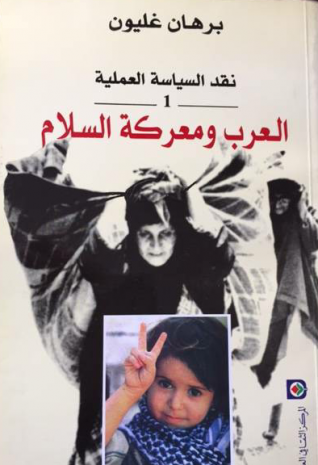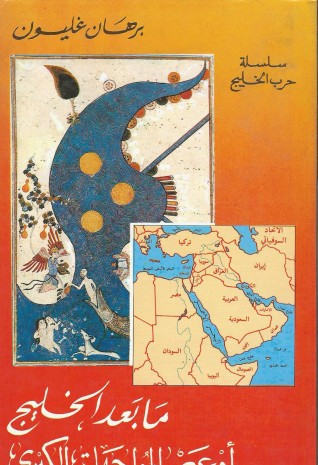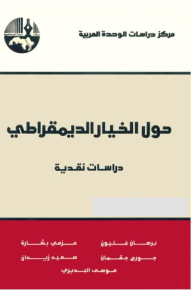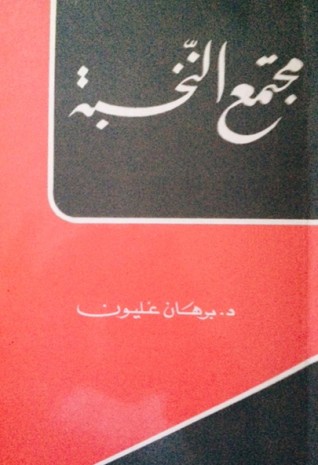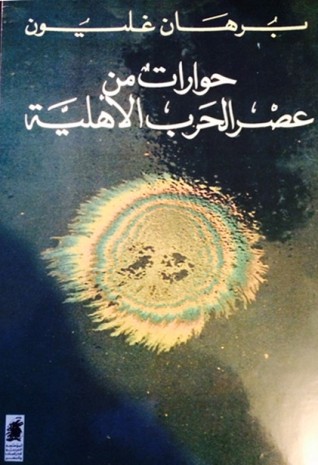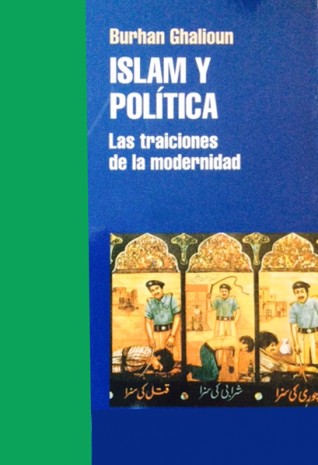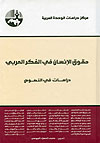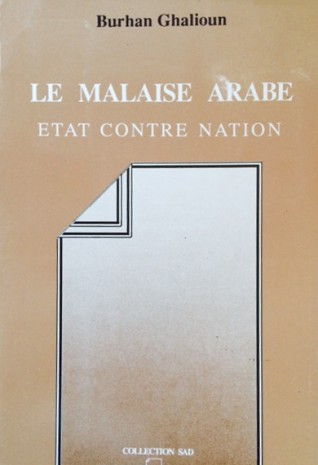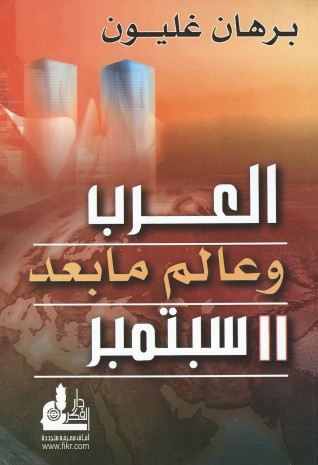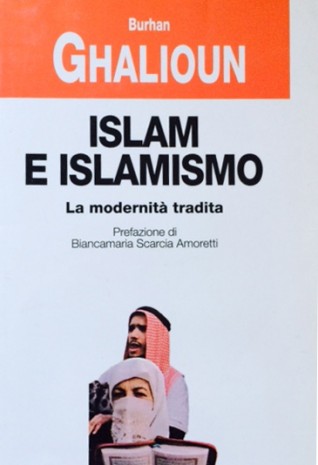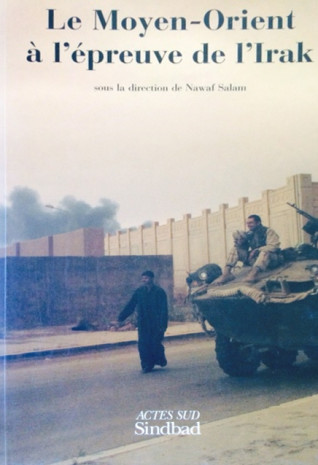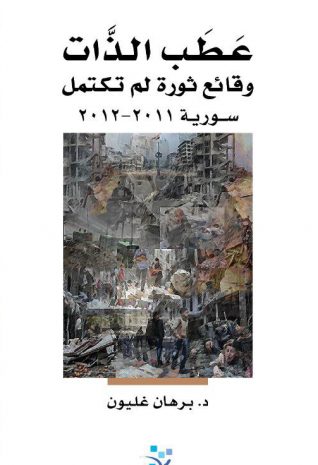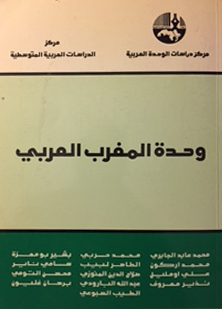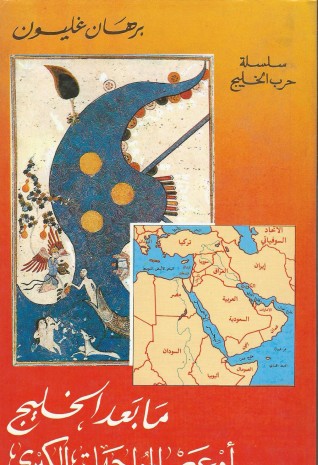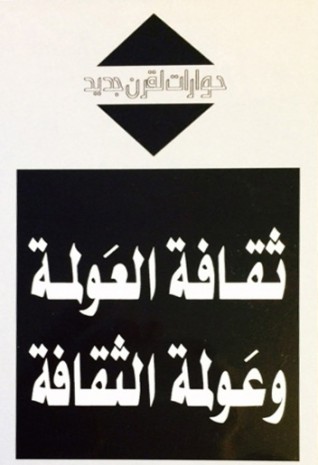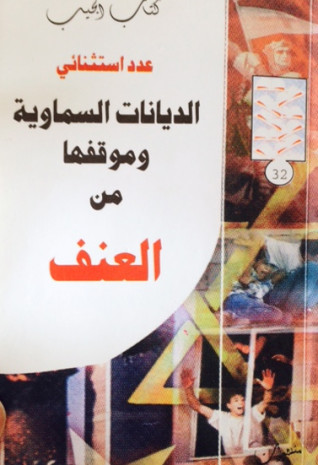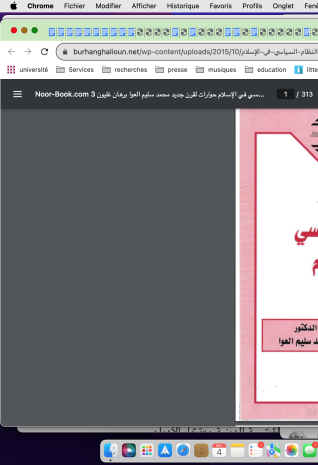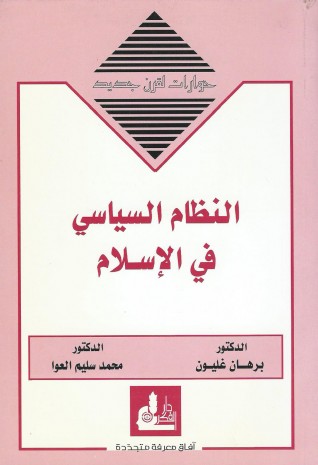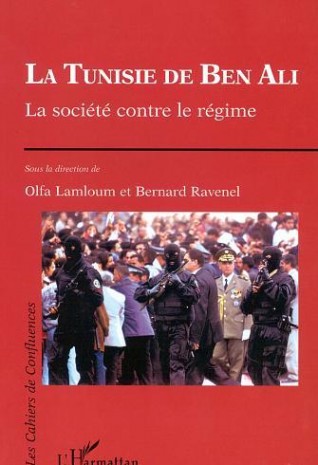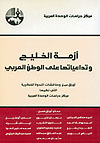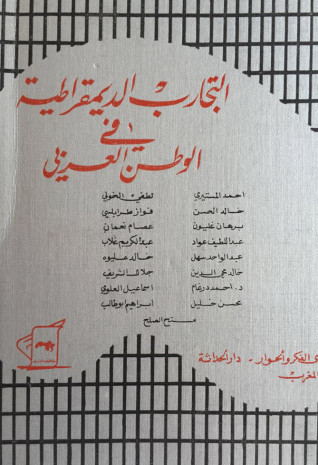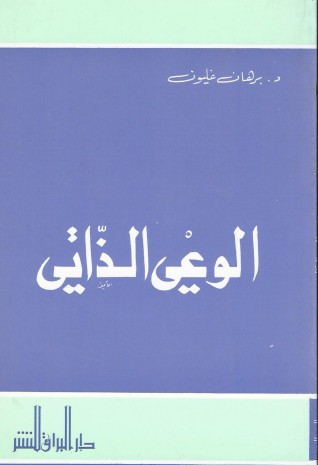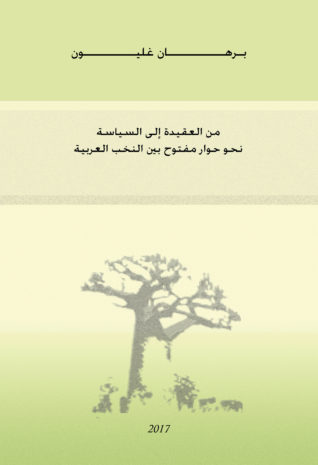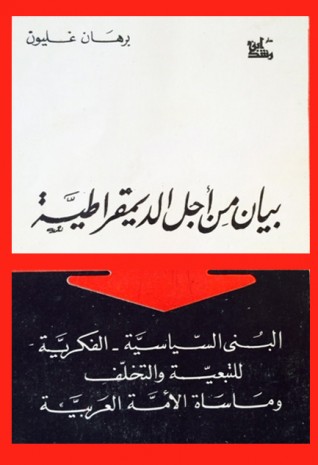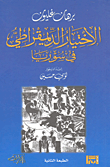Sharing Modernity: Japan and the Arab World
Introduction: Rethinking the History of Modernity
The abrupt arrival of modernity and its corollary, the modernization processes begun by all societies since the eighteenth century, has been a major preoccupation of institutional thought in the past few decades. From the Frankfurt School’s criticism of the discourse of modernity to the many more recent essays on the crisis of modernity and postmodernity, the whole of contemporary thinking seems to be a sort of inquiry into the sense, import and destiny of a modernity that is both innovative and destructive. The debate on modernity has offered modern thought an opportunity to resume conceptual work on seemingly forgotten classical themes and to reopen ethical, political and philosophical problems.
Unfortunately, most of the thinking so far on the import and evolution of
modernity has related to the West and to modernity as it developed in those
societies. The value of this interregional dialogue lies in the attempt to encourage refl ection on the evolution of modernity in non-Western societies. In these societies, which do not share the same history, the same geopolitics or the same cultural heritage, modernity did not emerge from within the regional civilization as a sort of reconfi guration, as was the case in Western societies, but was imposed from outside as a necessity, a constraint and an obligation for survival. It thus entailed the introduction of differences or even splits in both time and space.
Its progress coincided with breaks that these societies were obliged to make in their historical continuity and their cultures, and even in their ways of identifying themselves.
Far from being the outcome of a simple act of adapting to and imitating new ways of life and thinking by newcomers, as it has often been described, modernity is, on the contrary, a highly complex and hazardous change, entailing a heterogeneous mixture of internal and external wars, destruction, alienation, individual withdrawal, assimilation of new references, unlearning, subjectivization and fragmentation.
This is demonstrated by the Arab example. The modernity that is now the main theme of the debate on our civilization and the future development of all our societies is even more central to thinking on the Arab world. The rise of Islamic fundamentalism in the majority of Muslim countries, with the consequent spread of deadly attacks across the world, disturbs both political leaders and ordinary citizens.
Sharing Modernity: Japan and the Arab World
Introduction: Rethinking the History of Modernity
The abrupt arrival of modernity and its corollary, the modernization processes begun by all societies since the eighteenth century, has been a major preoccupation of institutional thought in the past few decades. From the Frankfurt School’s criticism of the discourse of modernity to the many more recent essays on the crisis of modernity and postmodernity, the whole of contemporary thinking seems to be a sort of inquiry into the sense, import and destiny of a modernity that is both innovative and destructive. The debate on modernity has offered modern thought an opportunity to resume conceptual work on seemingly forgotten classical themes and to reopen ethical, political and philosophical problems.
Unfortunately, most of the thinking so far on the import and evolution of
modernity has related to the West and to modernity as it developed in those
societies. The value of this interregional dialogue lies in the attempt to encourage refl ection on the evolution of modernity in non-Western societies. In these societies, which do not share the same history, the same geopolitics or the same cultural heritage, modernity did not emerge from within the regional civilization as a sort of reconfi guration, as was the case in Western societies, but was imposed from outside as a necessity, a constraint and an obligation for survival. It thus entailed the introduction of differences or even splits in both time and space.
Its progress coincided with breaks that these societies were obliged to make in their historical continuity and their cultures, and even in their ways of identifying themselves.
Far from being the outcome of a simple act of adapting to and imitating new ways of life and thinking by newcomers, as it has often been described, modernity is, on the contrary, a highly complex and hazardous change, entailing a heterogeneous mixture of internal and external wars, destruction, alienation, individual withdrawal, assimilation of new references, unlearning, subjectivization and fragmentation.
This is demonstrated by the Arab example. The modernity that is now the main theme of the debate on our civilization and the future development of all our societies is even more central to thinking on the Arab world. The rise of Islamic fundamentalism in the majority of Muslim countries, with the consequent spread of deadly attacks across the world, disturbs both political leaders and ordinary citizens.

